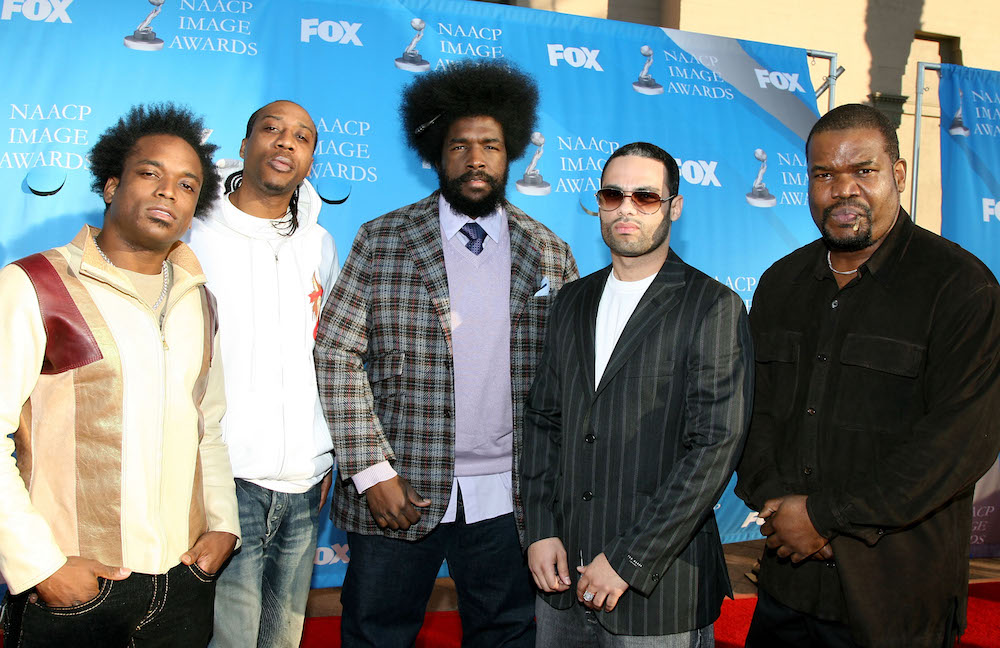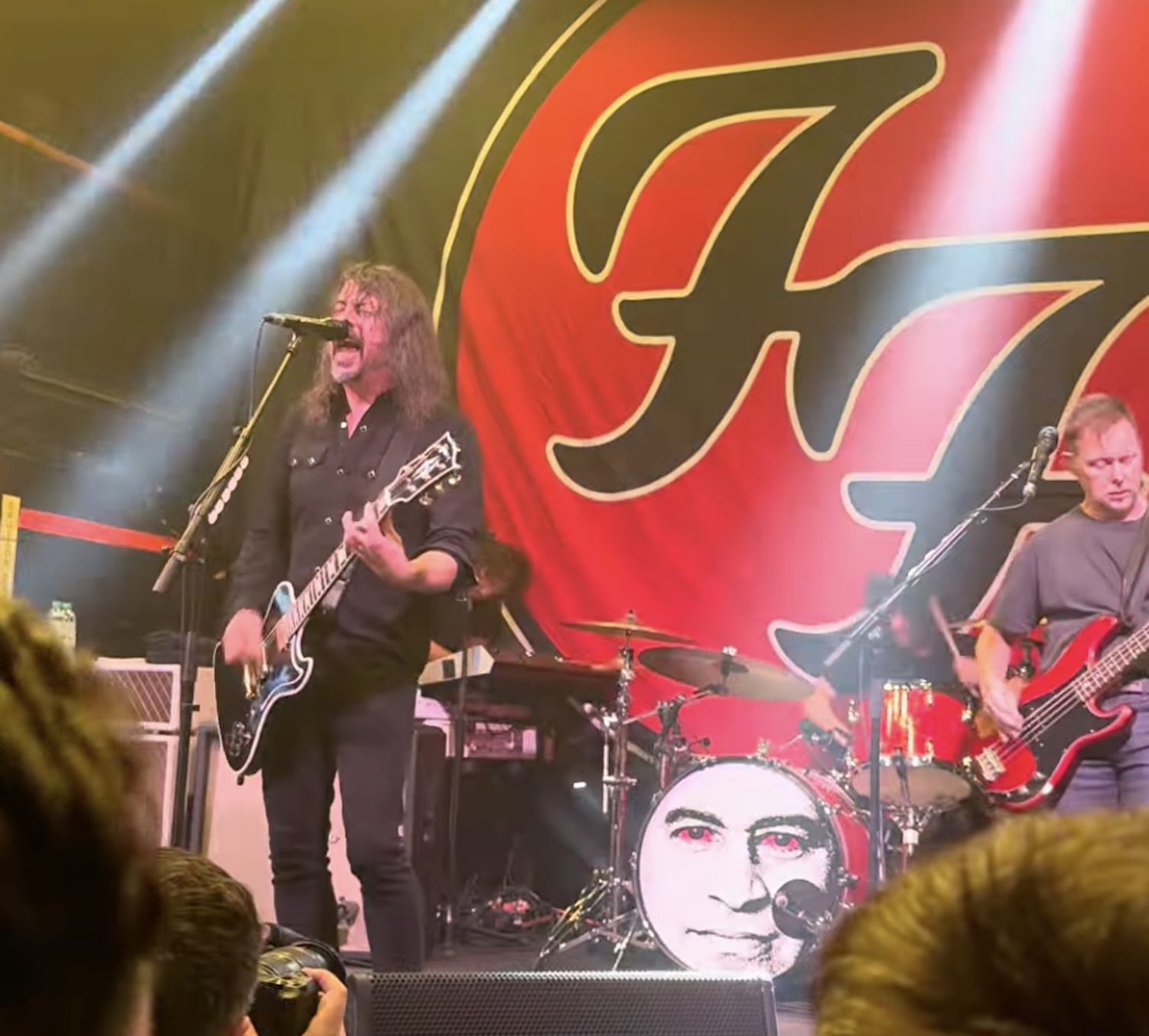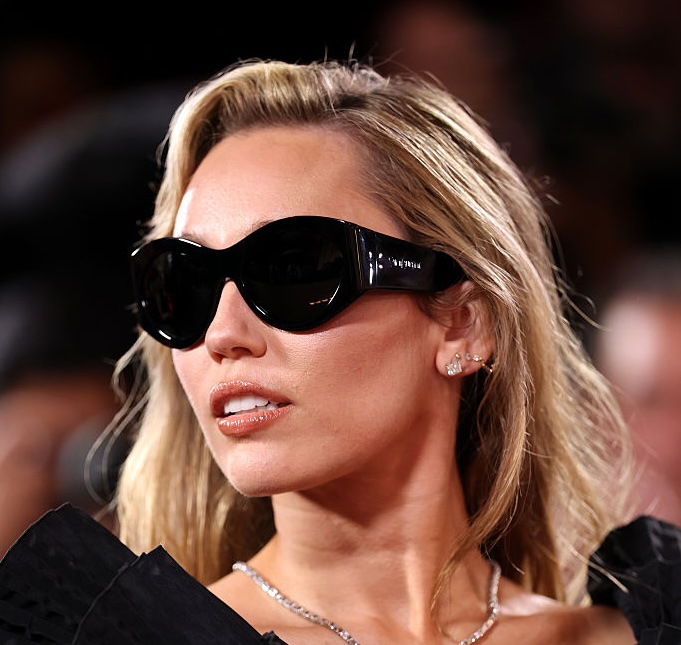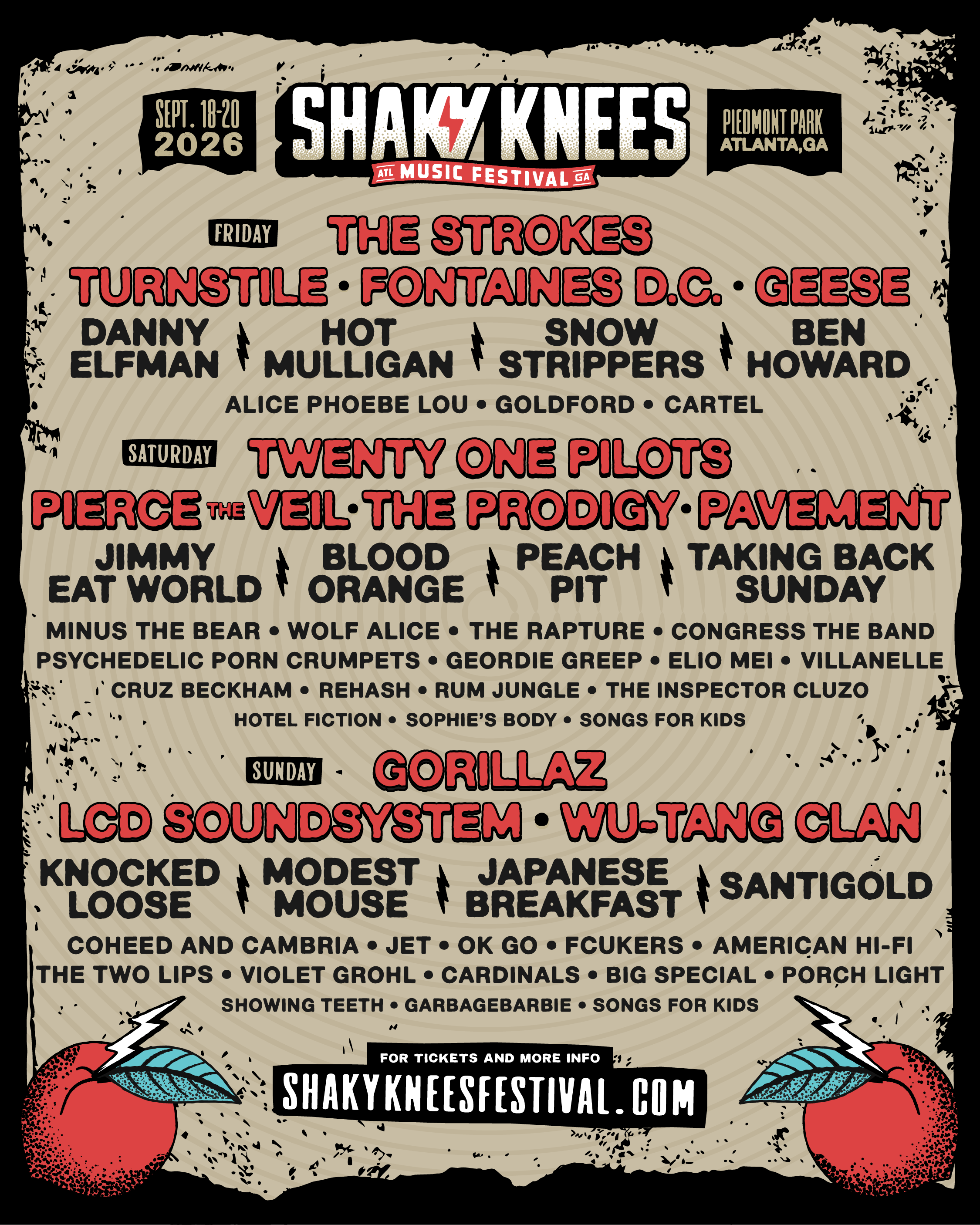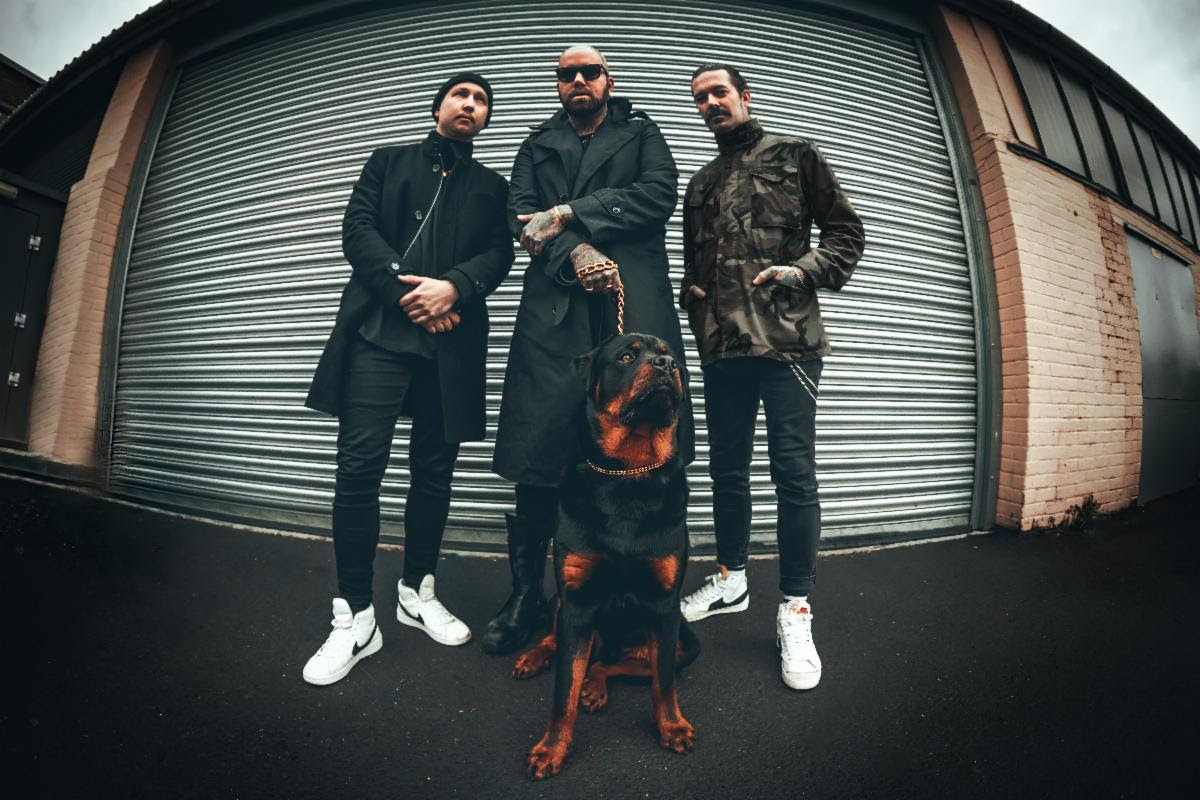The widow and estate of Leonard Hubbard, the late founding member and bassist for the Roots, are suing Black Thought and Questlove, claiming they — and others — violated RICO laws and defrauded Hubbard out of millions.
According to Rolling Stone, the complaint alleges that Questlove (Ahmir Thompson), Black Thought (Tariq Trotter), Roots manager Shawn Gee, and band employee Munir Nuriddin "are advancing a continuing scheme to defraud" Hubbard's estate and widow, Stephanie Hubbard. The suit also names Live Nation, Universal Music Publishing Group, and other companies the Roots work with.
The suit additionally outlines how Hubbard had a 17 percent stake in Grand Negaz, Inc., a corporate entity the Roots founded in 1993 to handle their business dealings. (Questlove and Black Thought have 37 percent stakes.) Likewise, Hubbard was granted 25 percent of the group's recording and publishing, plus a 33 percent stake in the Roots' touring performance company.
Elsewhere, the suit alleges that Gee, Black Thought, and Questlove entered into contracts with several new business entities and opened up bank accounts since Hubbard left the band in 2007 following a blood cancer diagnosis. (Hubbard died in December 2021 at 62.)The suit alleges that "through acts of forgery, wire fraud, bank fraud, mail fraud, and criminal copyright infringement... [Gee, Black Thought, and Questlove] received millions of dollars of ‘commissions’” from Grand Negaz and the band’s other dealings, Hubbard was entitled a percentage.
From 2014 to the present, the suit alleges that proceeds from the band’s brand, merchandise, performances, and copyrighted music revenue were purposefully withheld from Hubbard's estate. Likewise, the complaint states that from 2013 and on, Gee, Black Thought, and Questlove “intentionally and fraudulently took control” of the band's finances and businesses, which included Hubbard’s cut.
The lawsuit is seeking restitution in the form of money, property, and benefits, plus attorneys fees and additional damages. It also asks the court to "freeze" the Roots' trademark until a value can be determined for their brand.
